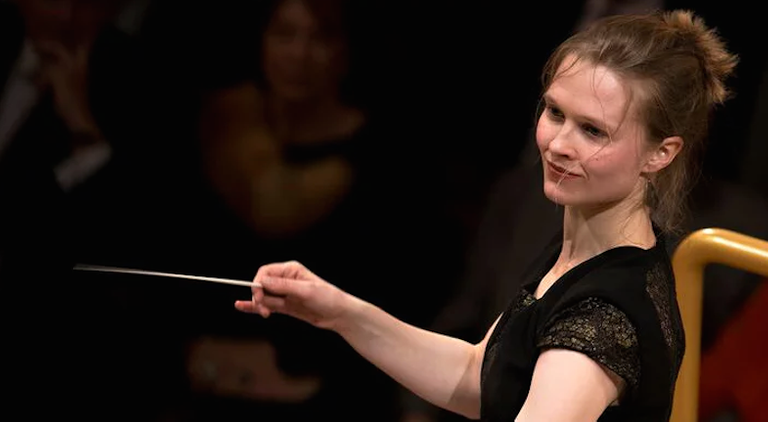We are in 2018 and most of the music is made in the computer, including orchestral music believe it or not.
With the Hollywood industry as big as it is today, there is a lot of demand for Film Scores but not enough budget to record real orchestras, for that reason, musicians and composers are forced to create the orchestral music in the computer, using samples.
The problem is that we have gotten so used to using electronic instruments and samples, that when the time comes to write music that will actually be performed by musicians, we, composers tend to make big mistakes.
Here is a list of things to have in mind when writing music for real musicians

Be aware of instrument ranges
One of the most common mistakes made by composers that are not used to writing for real musicians is to write outside the instruments ranges. Its a really simple problem to solve but when you have to consider so many instruments is easy to loose track or make mistakes. But trust me, you don't want to be standing in front of an entire orchestra and have a musician say: Excuse me, from bar x to bar x I can't play those notes, what should I do? meanwhile, every minute of studio time plus 50 musicians time is being wasted, which will cost a fortune. Here is a place where you can check the instruments ranges just to proof your piece before going to the studio.
http://www.orchestralibrary.com/reftables/rang.htmlTransposition:
Some instruments in the orchestra are written in a different way then what they sound. This might sound crazy but that's the way it is and you better get it right, otherwise, your piece will be a complete failure when they play it live.
Here you can find most of the instrument transposition charts.
http://www.secretcomposer.com/Secret_Composer_Blog_Demo/Concert_Pitch_-_Instrument_Transposition_chart.htmUse the dynamics
One of the most exciting aspects of orchestral music is the possibilities for dynamics that it offers. Many new composers forget or underestimate the importance of dynamics. The same passage that has one particular feel when played pianissimo can mean a completely different emotion when played in fortissimo. Use dynamics, and use them wiselySpeed, Musicians are not samples:
In the computer, we can make a double bass or a tuba play as fast as we please, but in real life, each instrument has its own limitations. If you want your music to sound the way you imagined to be, you 100% have to be aware and consider the speed limitations of each instrument in the orchestra.Background, middle ground and foreground:
Looking at a blank piece of sheet paper can be scary and our first instinct is to just start filling it up as much as possible. But the truth is that when you write for an orchestra you are not really writing for each instrument individually. You have to be aware of the concept of Background, Middle ground, and foreground.
If you analyze any good piece of orchestral music you will find that most of the time there are 3 main things going on.
Something in the foreground, which is usually the melody or what ever the attention of the listener is driven too. Something in the middle ground whch can be the main harmony for example, and something in the Background, which is filling the empty space. These 3 elements will conform a good balance and every instrument in the orchestra will be playing something related to one of those elements (or nothing at all).Musicians are humans:
Real musicians are people, meaning they have human feelings and behaviors. They like each other, hate eachother, they have bad days, good days, they might like you, they might hate you, they get tierd, hungry, they like music and dislike other music etc. You HAVE to remember this when writing and conducting otherwise you will have caos, trust me.Say something
The truth is that your music will speak about you weather you like it or not. So the only way to write awesome music is to become an awesome person, work on that and your music will be great!
If you have other good advise, I would love to hear about it (: we are all here to learn
Cheers!
www.alanwurmanmusic.com
Follow me on Steemit:
https://steemit.com/@alanwurman
Me + 7 Things I Learned About Life by Making my First Short Film
https://steemit.com/introduceyourself/@alanwurman/me-7-things-i-learned-about-life-by-making-my-first-short-film
Super Awesome Post @alanwurman!
I'm sad I only saw it now, I hope my little vote still pays out!
Either way, really awesome tips and piece of music at the end!
Ultimate Heroic feel 💪
haha thanks man, thanks for taking the time to read it